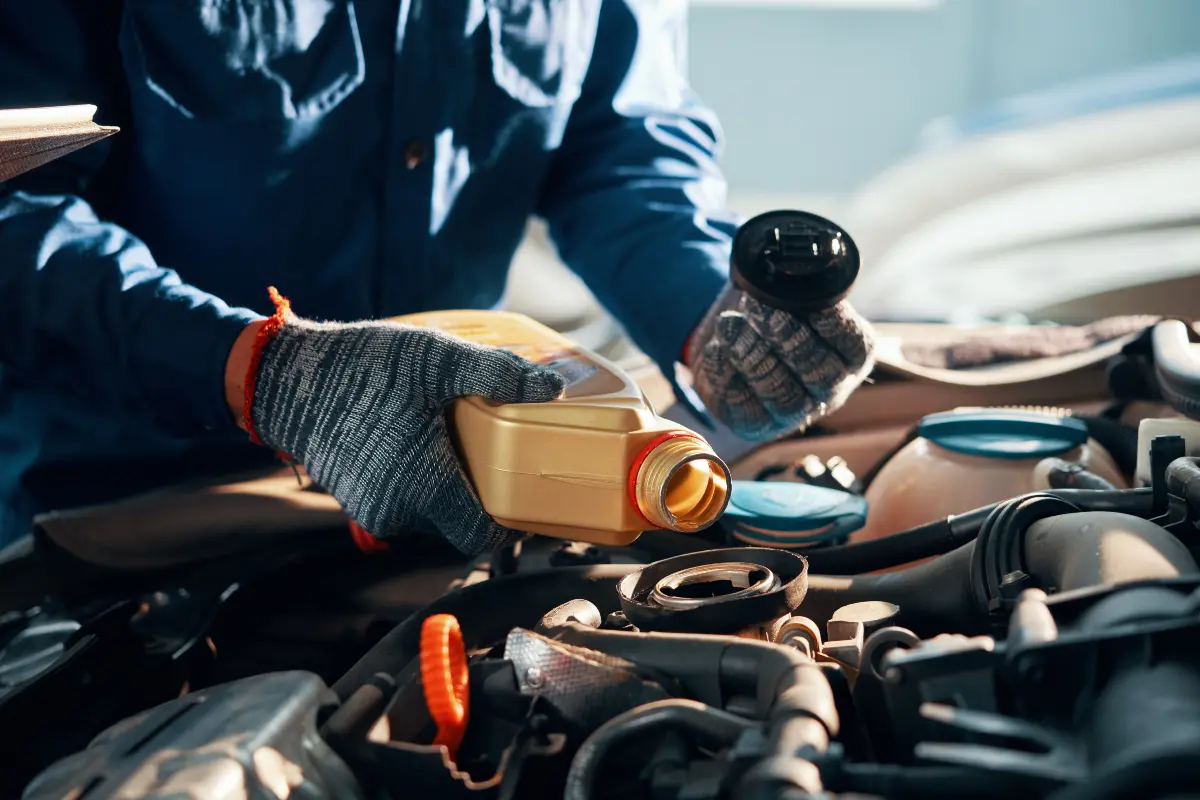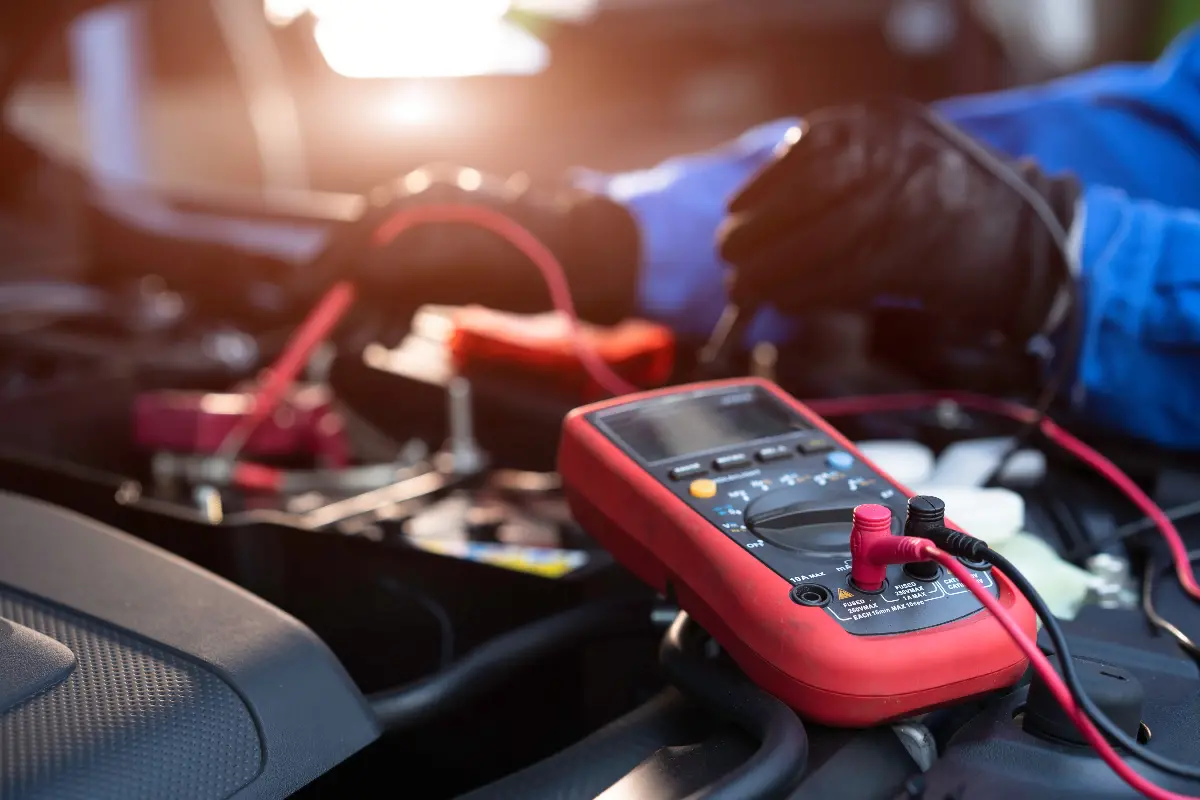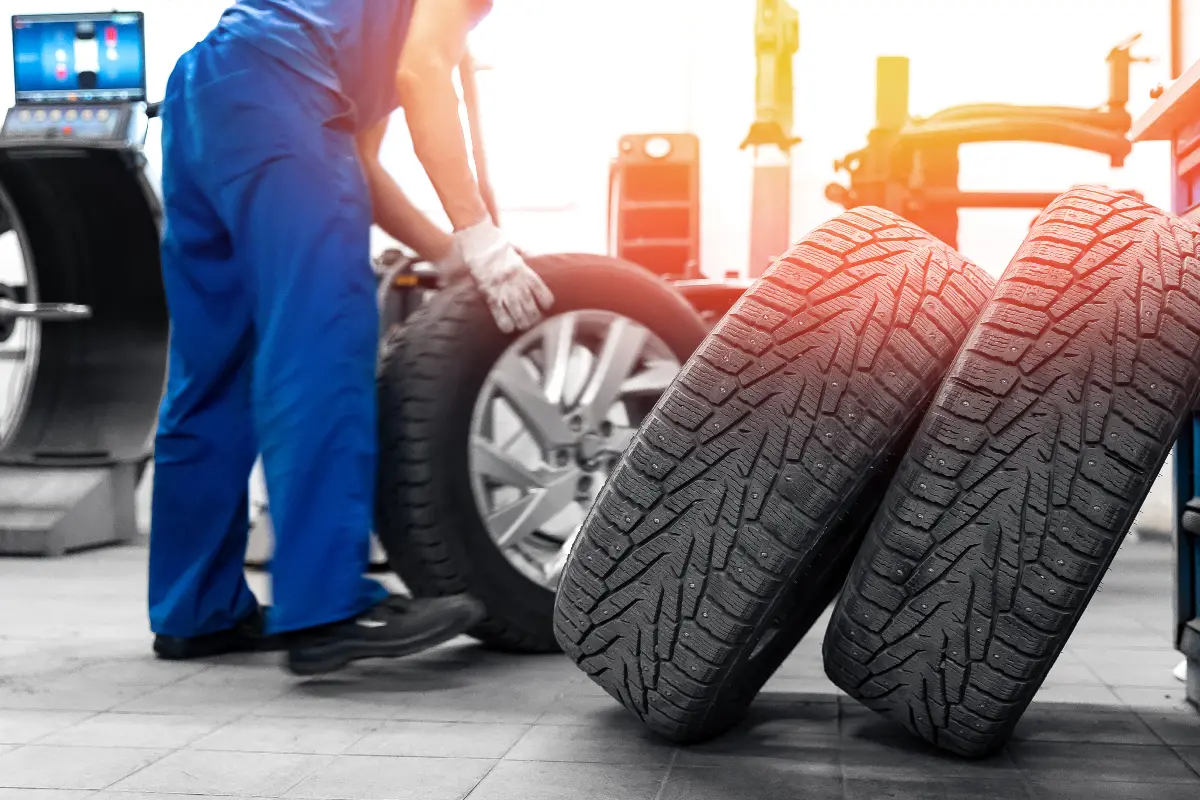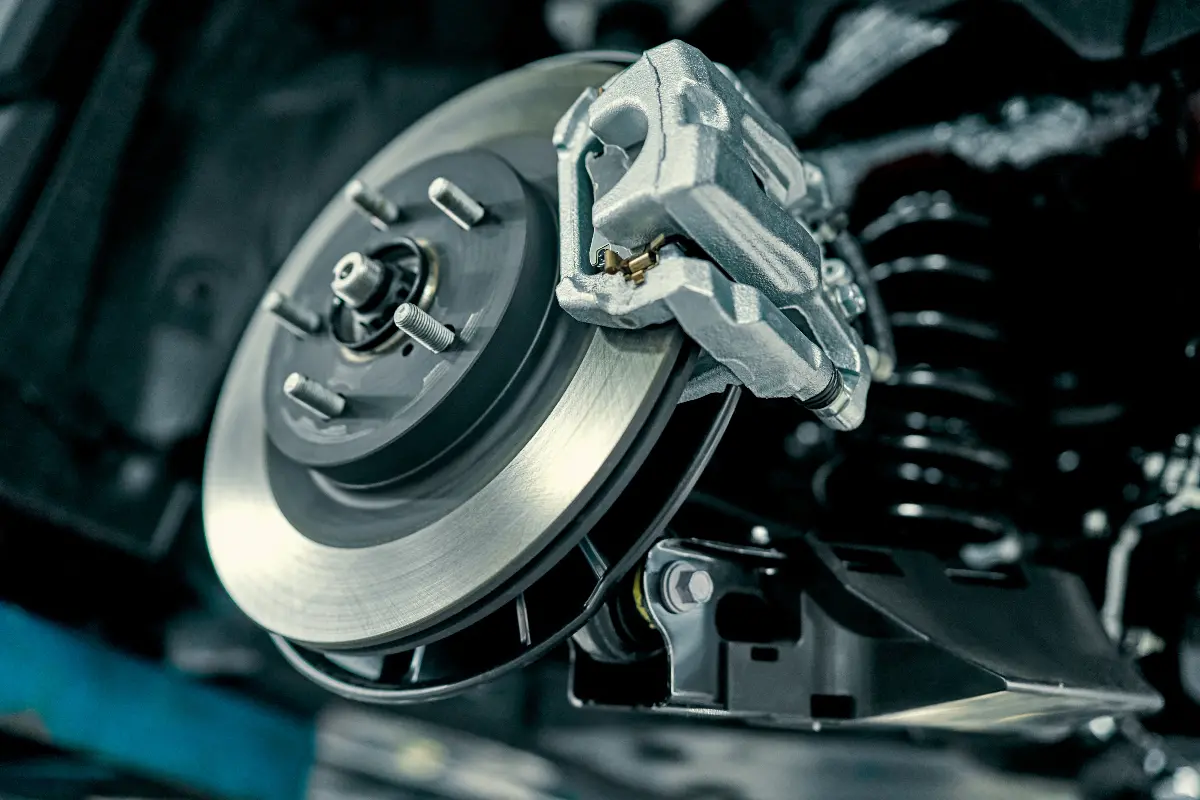Embarking on a long journey by car invites the promise of adventure and the joy of discovery, but before you answer the call of the open road, attention must be paid to the mechanical companion that will carry you to distant horizons – your car. To ensure a smooth and safe voyage, let's navigate through six vital checks that will prepare your vehicle for the long haul.
Firstly, it's crucial to get under the hood for a full inspection of your engine's vitals. Your engine oil plays the role of a lifeline for the car's heart, lubricating moving parts and ensuring everything runs without friction. Checking the oil level and its viscosity can mean the difference between a smooth ride and an untimely breakdown. Topping up or changing the oil, depending on the mileage since your last oil change, is a must. Similarly, other fluids warrant your attention: coolant, brake fluid, power steering fluid, transmission fluid, and windshield washer fluid. These liquids are integral to various vehicle systems, and their absence or degradation can impair not just performance but also safety.

On to the belt and hose check, these often overlooked components must be free of cracks, leaks or sings of wear. A snapped belt or a burst hose can incapacitate your vehicle, so it's essential to ensure they’re in good health. The timing belt, specifically, demands extra vigilance; a failure here can lead to catastrophic engine damage.
Turning to the car’s lifeblood system, the battery, it should be free from corrosion and should hold a charge sufficiently. Nothing’s worse than being stranded with a dead battery, especially in remote areas or under harsh weather conditions. Check the battery's terminals, make sure they are clean and tightly connected, and if your battery is more than three years old, consider having its charge tested or replacing it altogether.

Your tires are where rubber meets the road, quite literally, and are often undervalued in their contribution to your safety and vehicle's fuel efficiency. Check for adequate tread depth to ensure proper grip, especially in inclement weather conditions. What's more, tires should be inflated to the recommended pressure; this not only prevents premature wear but also influences how your car handles on the road. Don't forget to evaluate your spare tire too, making sure it is viable and ready for use if the need arises.

Next, test all the lights and signals on your car. Headlights, tail lights, brake lights, and indicators are your visual communication with other drivers on the road. They are vital in low-visibility conditions and during night driving. Ensure every bulb is functioning properly and lens covers are clean and clear. This is a quick check that plays a significant role in preventing accidents.
The braking system is your primary defense against collisions. You’ll want to ensure that brake pads are not worn down to their minimum thickness, and rotors are smooth and undamaged. Squeaking sounds or a soft brake pedal are cries for urgent maintenance. Remember, responsiveness of your car's braking system is not only about stopping power but also about control during driving. If in doubt, don’t hesitate to get a professional assessment; a delay could be costly, or in the worst-case scenario, fatal.

While not exhaustive, these checks serve as a crucial baseline in prepping your vehicle for a long trip. They cover fundamental aspects of car health that directly impact safety and performance. A well-maintained car not only ensures your peace of mind but can also enhance the enjoyment of your journey. It’s about arriving at your destination with stories of the panoramas and conversations, not of the pit stops and tow trucks.
Remember, the preparation doesn't end with mechanical and safety checks. Be mindful of local weather forecasts, terrain challenges, emergency roadside assistance options, and legal requirements for driving in different states or regions. Maps or GPS systems should be updated for navigation ease. And, of course, pack an emergency kit with essentials: first aid supplies, water, non-perishable snacks, tools, reflective triangles, and a flashlight, for instance.
Your car's readiness for a long trip can be as important as your itinerary, so taking the time to thoroughly prepare it is as essential as planning your stops and stays. This assurance allows you to focus on the scenic views, the companionship, and the unique experiences that only road trips can provide. Here's to safe travels and the many miles of memories ahead!
